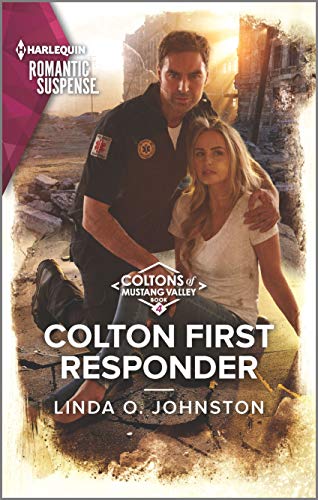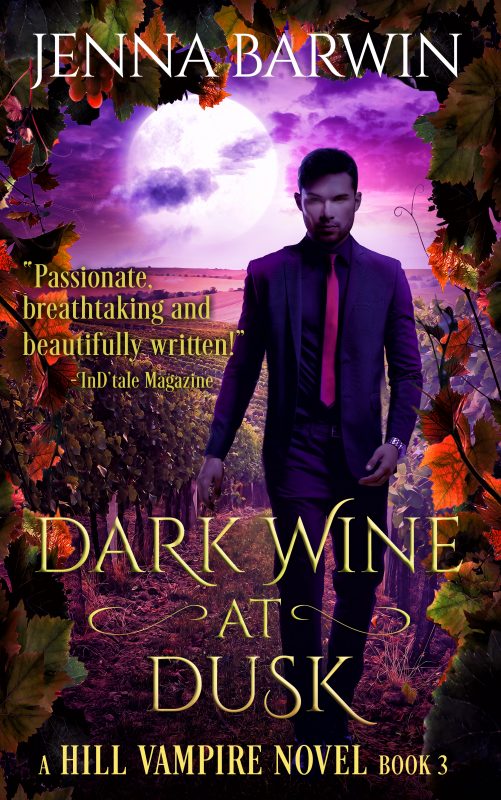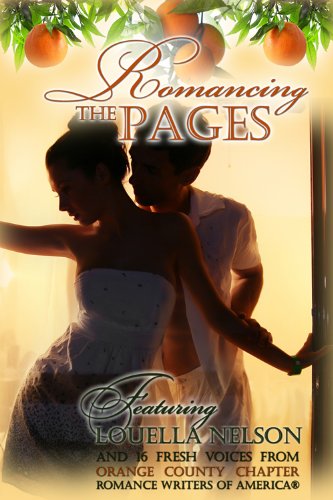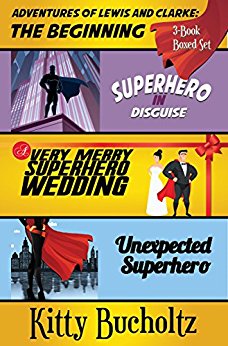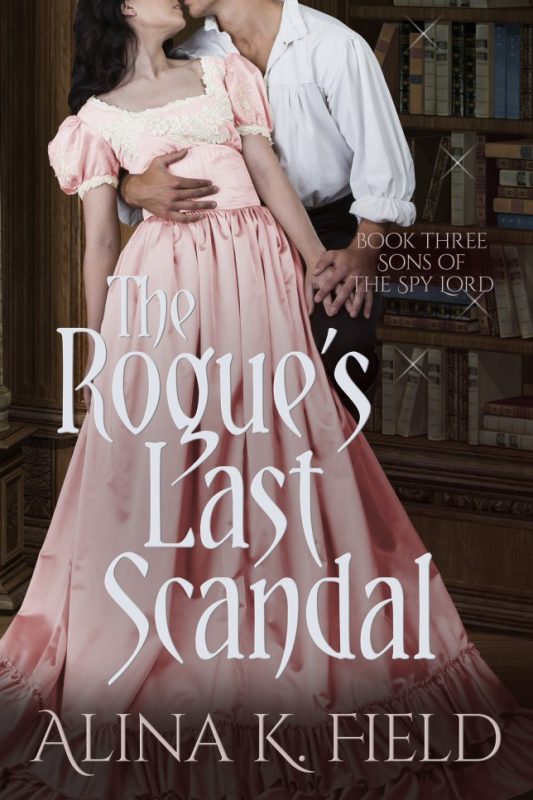Dear Extra Squeeze Team, Writing about Family, Good Idea or Not?
August 31, 2020 by The Extra Squeeze in category The Extra Squeeze by The Extra Squeeze Team, Writing tagged as facts, Family, fiction, writing about family
Dear Extra Squeeze Team, I have a story I want to tell that is loosely based on family and friends. How do I tell my story without hurting anyone?
Robin Blakely
PR/Business Development coach for writers and artists; CEO, Creative Center of America; member, Forbes Coaches Council.
Begin by writing the complete story—beginning to end—the way you truly imagine it. Write with precision honesty without the fear of hurting anyone.
When done writing, evaluate what you have created. It is in the editing stage where you will objectively be able to decide how to share the story publicly without hurting anyone. If the finished story is meant to be fiction, you can go back and make sure physical identifiers that link to nonfiction people (like a skull tattoo on the left arm above a knife scar) are changed to protect the innocent or the not-so-innocent.
If someone has inspired you to recreate their character in a fictional world, rest assured your depiction of their internal thoughts, feelings, and motivations won’t be the tipoff that the character is loosely based on this real person; it will be the physical attributes that you choose.
Most people don’t recognize themselves in someone else’s writing unless they are told the character is modeled after them or the physical facts are eerily the same: age, body build, hair color, scars, name, physical location, profession, relationships with others, or facts from exact encounters are replayed in the work.
If the story you are telling is meant to be nonfiction, you have a different issue. In a biography or a memoir, you need to tell the truth as you know it, but you must also share your truth in a way that can be formally substantiated by the research of others. If you are afraid you might hurt someone by telling the truth in your work and you are naming names across your work, you need to consult an attorney before publication because hurting feelings may result in a lawsuit.

Jenny Jensen
Developmental editor who has worked for twenty plus years with new and established authors of both fiction and non-fiction, traditional and indie.
Cue dramatic music:
Deep Voice Over: The names in this story have been changed to protect the innocent.
That’s a start. Every writer works from what they know — even if they’re writing about elves and spaceships and unicorns. Our own experiences are what we draw on to launch our imagination. And it’s the real-life situations that often give a writer the rich soil for a gripping tale.
Just write the story. When you’ve laid it all out, step away for some distance then read it with fresh eyes to spot what might be so obvious as to be hurtful. If you find the narrative is obvious, even though it is based loosely on family and friends, then consider what the compelling idea is in this tale. What was the single most gripping element that made you want to write about it in the first place? Take that compelling idea and re-write from that prospective.
Or just start with that single compelling idea rather than with the cast of friends and family. Stories have a way of charting their own course and it’s very likely, that with that shift in perspective your story will be unique enough to withstand the scrutiny of sensitive family and friends.

Rebecca Forster
USA Today Bestselling author of 35 books, including the Witness series and the new Finn O’Brien series.
I have used family and friends for inspiration in many of our books. For the most part if I didn’t tell the individual who inspired me, they did not recognize themselves. If I did tell them I was going to do it, most of them were thrilled.
Then there came a time when I happily told my sister I had used our age differences as the foundational inspiration for my story. (she is fourteen years younger than I am and we were born on the same day). She was thrilled–until she read the book. She asked, “Is this really what you think of me?” To be fair she was the bitchy, beautiful sister accused of murder, and I was the smart but downtrodden attorney who saves her.
It had nothing to do with real life other than the span in our ages. Still, when she asked that question, I understood that there was a difference between inspiration and hitting close to home including the perception of hitting close to home.
The answer was, no, the character in no way was my sister. Their physical characteristics were the same, not their character.
What you’re talking about is even more delicate. You are going to be exploring actual things that happened to you and your family. If this is an honest memoir you need to be ready for the fallout. If this is fiction, you’ll need to be very skillful when you write to navigate the hurt feelings—or worse— that might arise. Ask yourself a) is this book is necessary to your well-being and b) if you are strong enough to face any and all consequences that will come with writing it. You are the only one who knows the answers.
H.O. Charles
Cover designer and author of the fantasy series, The Fireblade Array
Ooooh *eyes widen* “awaits gossip*
I think the only way to do that is to write under a pseudonym and don’t tell them about it. People aren’t always as stupid as we hope they are. They’ll figure out it’s them in no time!

Ever wonder what industry professionals think about the issues that can really impact our careers? Each month The Extra Squeeze features a fresh topic related to books and publishing.
Amazon mover and shaker Rebecca Forster and her handpicked team of book professionals offer frank responses from the POV of each of their specialties — Writing, Editing, PR/Biz Development, and Cover Design.
Affiliate Links
A Slice of Orange is an affiliate with some of the booksellers listed on this website, including Barnes & Nobel, Books A Million, iBooks, Kobo, and Smashwords. This means A Slice of Orange may earn a small advertising fee from sales made through the links used on this website. There are reminders of these affiliate links on the pages for individual books.
Search A Slice of Orange
Find a Column
Archives
Featured Books
COLTON FIRST RESPONDER (The Coltons of Mustang Valley)
When disaster strikes
A Colton comes to the rescue
DARK WINE AT DUSK
A seductive spy. An alpha vampire. A hidden threat...
More info →ROMANCING THE PAGES
Celebrate all year long through Romancing the Pages
More info →ADVENTURES OF LEWIS AND CLARK BOXED SET
She thought marriage would be sex, laundry, and a mortgage.
Girl, was she wrong.
Newsletter
Contributing Authors
Search A Slice of Orange
Find a Column
Archives
Authors in the Bookstore
- A. E. Decker
- A. J. Scudiere
- A.J. Sidransky
- Abby Collette
- Alanna Lucus
- Albert Marrin
- Alice Duncan
- Alina K. Field
- Alison Green Myers
- Andi Lawrencovna
- Andrew C Raiford
- Angela Pryce
- Aviva Vaughn
- Barbara Ankrum
- Bethlehem Writers Group, LLC
- Carol L. Wright
- Celeste Barclay
- Christina Alexandra
- Christopher D. Ochs
- Claire Davon
- Claire Naden
- Courtnee Turner Hoyle
- Courtney Annicchiarico
- D. Lieber
- Daniel V. Meier Jr.
- Debra Dixon
- Debra H. Goldstein
- Debra Holland
- Dee Ann Palmer
- Denise M. Colby
- Diane Benefiel
- Diane Sismour
- Dianna Sinovic
- DT Krippene
- E.B. Dawson
- Emilie Dallaire
- Emily Brightwell
- Emily PW Murphy
- Fae Rowen
- Faith L. Justice
- Frances Amati
- Geralyn Corcillo
- Glynnis Campbell
- Greg Jolley
- H. O. Charles
- Jaclyn Roché
- Jacqueline Diamond
- Janet Lynn and Will Zeilinger
- Jaya Mehta
- Jeff Baird
- Jenna Barwin
- Jenne Kern
- Jennifer D. Bokal
- Jennifer Lyon
- Jerome W. McFadden
- Jill Piscitello
- Jina Bacarr
- Jo A. Hiestand
- Jodi Bogert
- Jolina Petersheim
- Jonathan Maberry
- Joy Allyson
- Judy Duarte
- Justin Murphy
- Justine Davis
- Kat Martin
- Kidd Wadsworth
- Kitty Bucholtz
- Kristy Tate
- Larry Deibert
- Larry Hamilton
- Laura Drake
- Laurie Stevens
- Leslie Knowles
- Li-Ying Lundquist
- Linda Carroll-Bradd
- Linda Lappin
- Linda McLaughlin
- Linda O. Johnston
- Lisa Preston
- Lolo Paige
- Loran Holt
- Lynette M. Burrows
- Lyssa Kay Adams
- Madeline Ash
- Margarita Engle
- Marguerite Quantaine
- Marianne H. Donley
- Mary Castillo
- Maureen Klovers
- Megan Haskell
- Melanie Waterbury
- Melisa Rivero
- Melissa Chambers
- Melodie Winawer
- Meriam Wilhelm
- Mikel J. Wilson
- Mindy Neff
- Monica McCabe
- Nancy Brashear
- Neetu Malik
- Nikki Prince
- Once Upon Anthologies
- Paula Gail Benson
- Penny Reid
- Peter Barbour
- Priscilla Oliveras
- R. H. Kohno
- Rachel Hailey
- Ralph Hieb
- Ramcy Diek
- Ransom Stephens
- Rebecca Forster
- Renae Wrich
- Roxy Matthews
- Ryder Hunte Clancy
- Sally Paradysz
- Sheila Colón-Bagley
- Simone de Muñoz
- Sophie Barnes
- Susan Kaye Quinn
- Susan Lynn Meyer
- Susan Squires
- T. D. Fox
- Tara C. Allred
- Tara Lain
- Tari Lynn Jewett
- Terri Osburn
- Tracy Reed
- Vera Jane Cook
- Vicki Crum
- Writing Something Romantic
Affiliate Links
A Slice of Orange is an affiliate with some of the booksellers listed on this website, including Barnes & Nobel, Books A Million, iBooks, Kobo, and Smashwords. This means A Slice of Orange may earn a small advertising fee from sales made through the links used on this website. There are reminders of these affiliate links on the pages for individual books.

